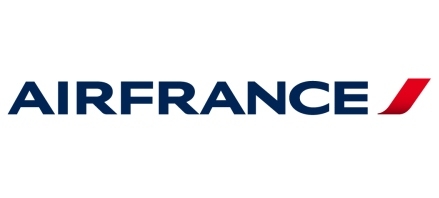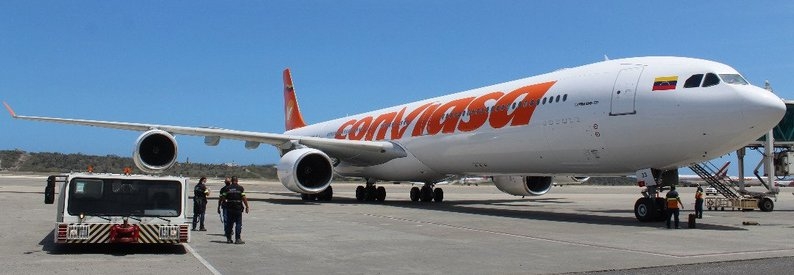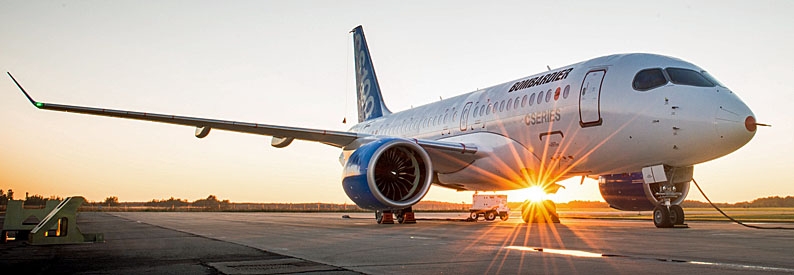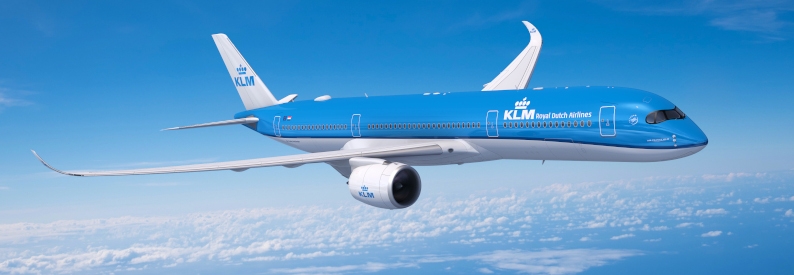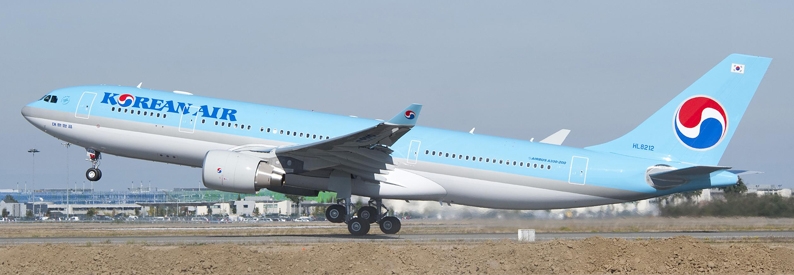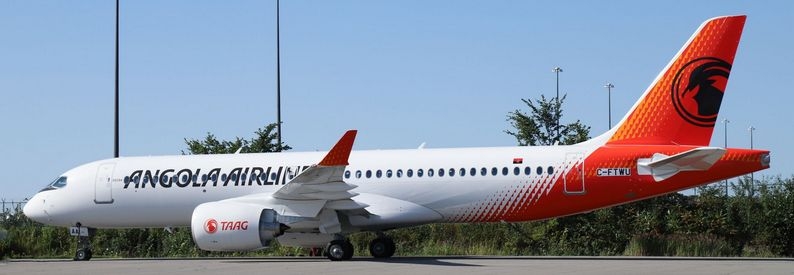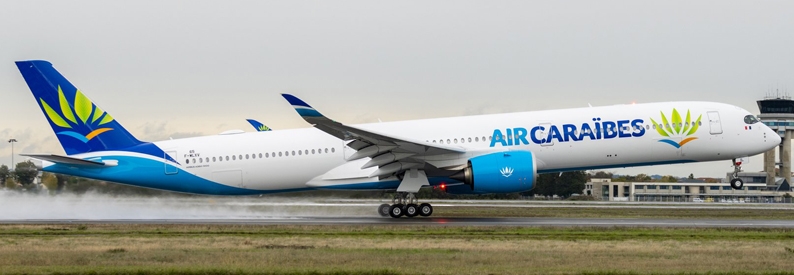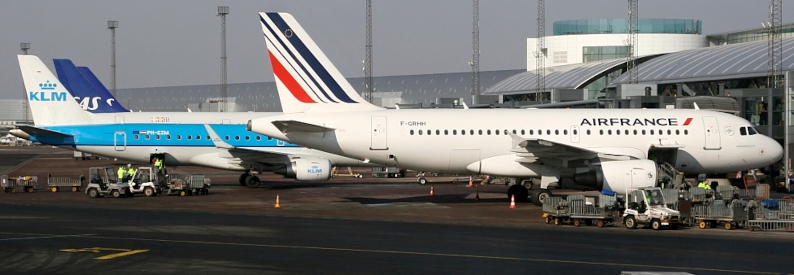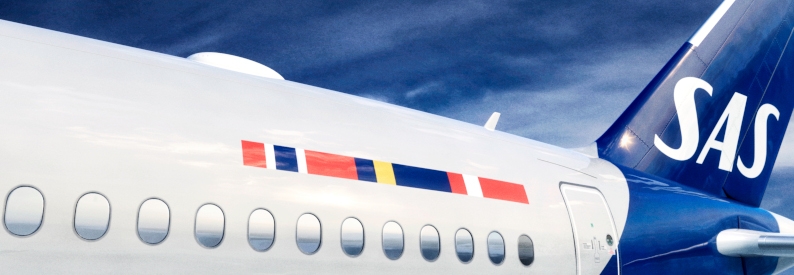Speaking to Aviation Daily on the sidelines of the Airlines for Europe (A4E) Aviation Summit in Brussels earlier this week, Henrik Hololei, Director General at the European Commission's Directorate-General for Mobility and Transport (DG MOVE), rejected calls from the International Air Transport Association (IATA) to suspend slot rules at congested airports, at least in the short-term, in the midst of the COVID-19 outbreak.
On March 2, IATA issued a statement saying that it had begun contacting global aviation regulators, including the European Commission, to request that the rules governing the use of airport slots be suspended immediately and until the end of the Summer 2020 season, due to the impact of COVID-19. In answering these calls from the association, Hololei said on March 3: "We need solid data. At this point, IATA has only sent me ten colourful graphs [showing examples of traffic declines]. But that is not solid data."
The director-general suggested that there was no immediate pressure on regulators to make a decision and that carriers were not at risk of losing access next winter to regulated airports even with the slot rule in place. He highlighted that some scenarios were assuming that demand could return to Europe within the second quarter, making the rule relaxation unnecessary.
At present, the rules for slot allocation mean that airlines must operate at least 80% of their allocated slots under normal circumstances. Failure to comply with this means the airline loses its right to the slot the next equivalent season. IATA's statement indicated that around 43% of all passengers depart from over 200 slot coordinated airports worldwide.
IATA has said that its airline members are calling for "flexibility...to adjust their schedules according to extraordinary demand developments." If airlines were allowed to this, it will "mean that airlines can respond to market conditions with appropriate capacity levels, avoiding any need to run empty services in order to maintain slots. Aircraft can be reallocated to other routes or parked, crew can have certainty on their schedules."
In exceptional circumstances, regulators can and have relaxed the 80% rule - as happened in 2003 when the industry dealt with Severe Acute Respiratory Syndrome (SARS).
"We are calling for regulators worldwide to help the industry plan for today's emergency, and the future recovery of the network, by suspending the slot use rules on a temporary basis," said Alexandre de Juniac, IATA's Director General and Chief Executive Officer in the statement.
